Focus |
Collections
Filters
-
Collection Type
-
-
Collection |
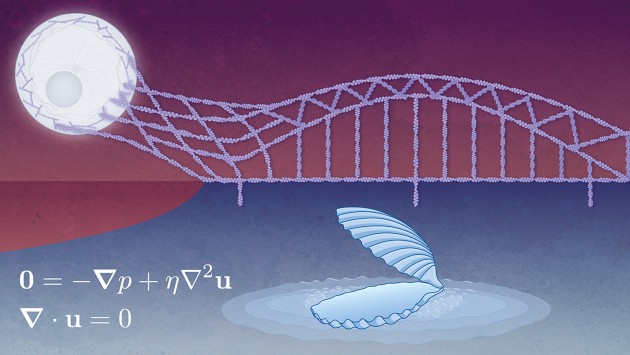 Interdisciplinarity in biological physics
Interdisciplinarity in biological physics
Research in biological physics often requires collaboration across different fields.
Image: Amie Fernandez -
Focus |
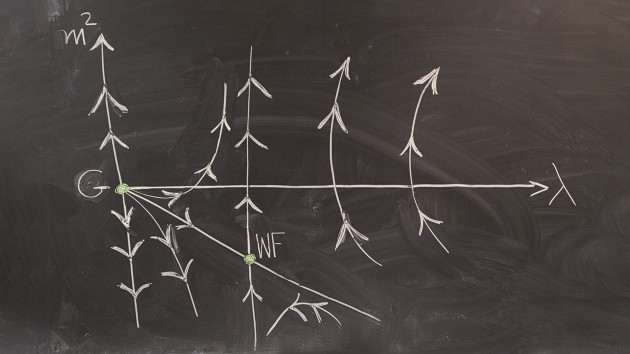 The renormalization group
The renormalization group
A Focus issue celebrating the 50th anniversary of Kenneth Wilson's work on the renormalization group.
Image: Philip Phillips -
Collection |
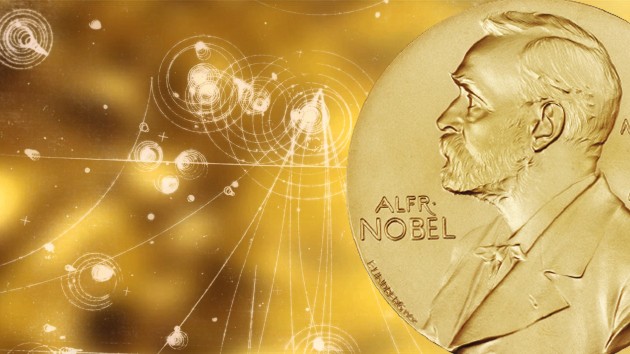 Nobel Prize in Physics 2023
Nobel Prize in Physics 2023
The Nobel Prize in Physics 2023 has been awarded to Pierre Agostini, Ferenc Krausz and Anne L’Huillier “for experimental methods that generate attosecond pulses of light for the study of electron dynamics in matter“.
Image: Springer Nature/The Nobel Foundation/Imagesource -
Collection |
 15 years of topological matter
15 years of topological matter
15 years ago, topological insulators were discovered, marking the start of a new branch of condensed matter physics.
Image: GMVozd/E+ -
Collection |
 Science at Extreme Pressures
Science at Extreme Pressures
Under extreme pressure, matter can exhibit novel or counter-intuitive phenomena such as superconductivity at unusually high-temperature, unexpected chemical stoichiometries and reaction kinetics, or new material phases.
Image: Lars Plöger, Pixabay -
Collection |
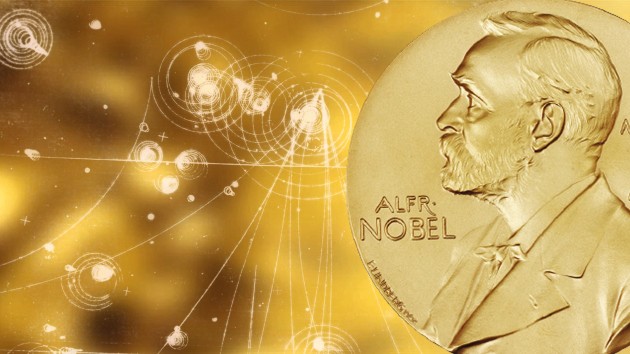 Nobel Prize in Physics 2022
Nobel Prize in Physics 2022
The Nobel Prize in Physics 2022 has been awarded to Alain Aspect, John F. Clauser and Anton Zeilinger “for experiments with entangled photons, establishing the violation of Bell inequalities and pioneering quantum information science”.
Image: Springer Nature/The Nobel Foundation/Imagesource -
Insight |
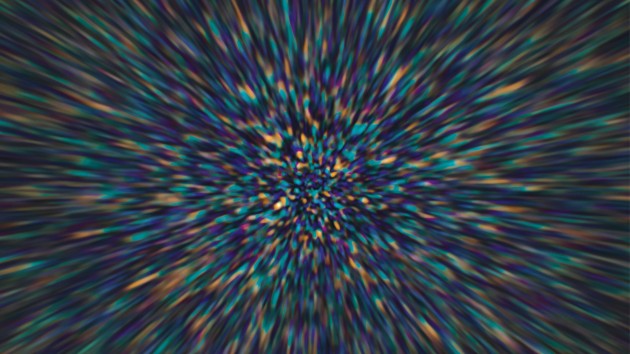 Complex optics
Complex optics
Disorder and mode interactions are often treated as sources of noise, but can shape the flow of light in interesting and useful ways.
Image: Ori Katz, The Hebrew University of Jerusalem -
Collection |
 The Higgs boson discovery turns ten
The Higgs boson discovery turns ten
The discovery of the Higgs boson was announced ten years ago on the 4th of July 2012 — an event that substantially advanced our understanding of the origin of elementary particles’ masses.
Image: Original design by Charlotte Gurr, rearranged by Amie Fernandez (Springer Nature) -
Insight |
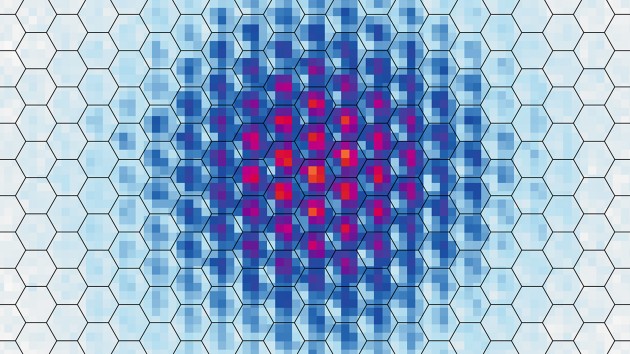 Ultracold quantum technologies
Ultracold quantum technologies
The impressive achievements made with quantum gases rely on continuous improvements in the underlying methods.
Image: Christof Weitenberg et al. -
Collection |
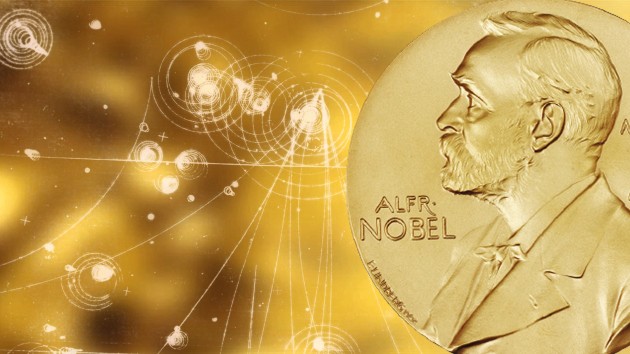 Nobel Prize in Physics 2021
Nobel Prize in Physics 2021
The 2021 Nobel Prize in Physics has been awarded to Syukuro Manabe, Klaus Hasselmann and Giorgio Parisi for their advances in complex physical systems. In
Image: Springer Nature/The Nobel Foundation/Imagesource -
Series |
 From economics to physics
From economics to physics
2020 was a year of economic turmoil in many parts of the world — and 2021 promises much of the same.
Image: EDUARD MUZHEVSKYI / SCIENCE PHOTO LIBRARY/Getty

 Physics Education Research
Physics Education Research